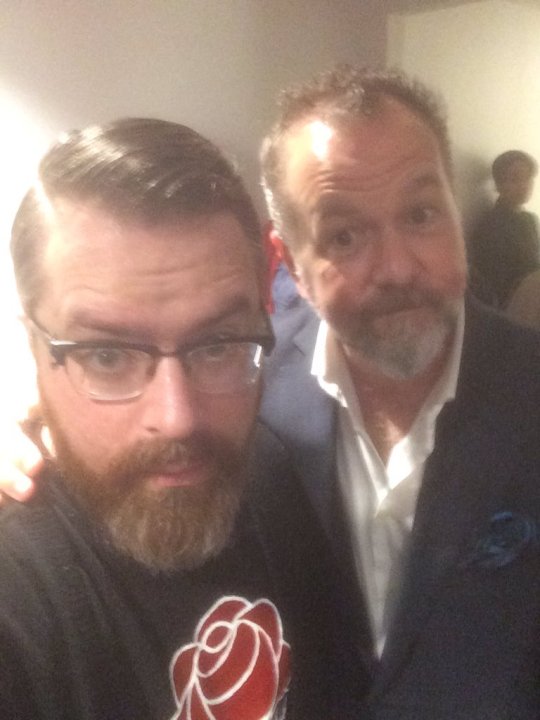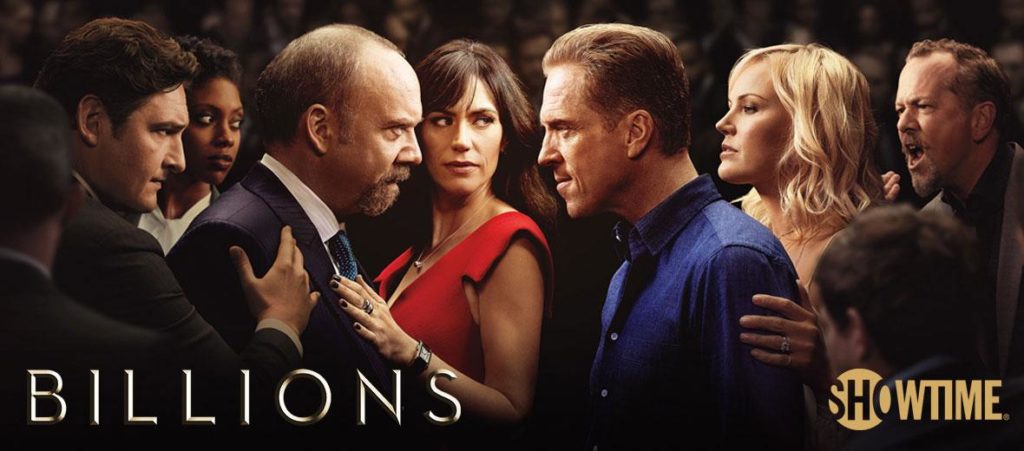Fargo Season Three has arrived, and Noah Hawley is back on his bullshit.
After the weightless sci-fi psychedelia of Legion — a seemingly sincere but ultimately empty exercise in the superhero genre — the writer/director/showrunner has returned to the moral snowdrifts of the Upper Midwest for the third season of Fargo. The sudden chill has done him good. Legion did all sorts of rad tricks with lighting, editing, cinematography, narrative structure, and found-music pop-rock soundtracking, but for all its freneticism the end result was inert; tied to a hoary X-Men x-tended-universe story about a crazy telepathic mutant and his not-as-creepy-as-it-could-have-been psychic parasite, it felt like stagecraft rather than communication.
But as an East German interrogator puts it in the flashback (?) prologue to “The Law of Vacant Places,” Fargo S3’s season premiere, “We are not here to tell stories. We are here to tell the truth. Understand?” This is followed by the show’s usual “THIS IS A TRUE STORY” chyron — but Hawley, directing from his own script, then fades out the word “TRUE,” and eventually leaves nothing behind but “STORY.” This is already a far more effective disquisition on the difference between “true” and “real” than a season’s worth of Legion astral-plane hallucinations, because it’s rooted (literally — the words are overlaid across a shot of bare winter trees) in places and people rather than in an ersatz examination of The Mind or what have you. No matter how much Fargo owes to the Coen Brothers’ quirk-noir classic and the rest of their black-comedy crime films (some more black than comedy, some more comedy than black), it comes down to murder — the story of human bodies and what they’re capable of doing to one another. Here, heads are far more likely to get smashed by a falling air conditioner than explored like a memory palace.
I reviewed the season premiere of Fargo, which I enjoyed a great deal, for Decider. I’ll be covering the show there all season. Please do not believe a word of the backlash you may have seen to the show this season, which when compared to the freakout for Legion provides the clearest illustration I’ve ever seen of how TV critics overreact to novelty over quality. The stars of Trainspotting, Naked, A Serious Man, and The Leftovers are now all on the same show. If you suspect it’ll be good, congrats, you win.



